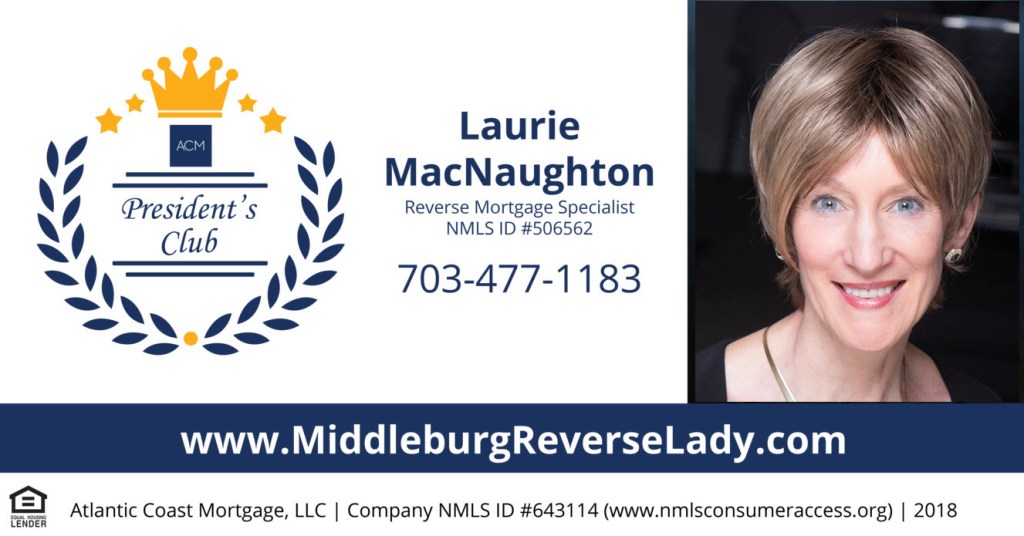Laurie MacNaughton ©2022
My client sat down, looked at my business card, looked at me and said, “You’re not as pretty as you used to be.”
Yup. That happened.
I laughed and said, “You’re right – that’s an older picture. I need to get new cards.”
After his comment, for the millionth time I had to reflect on the weirdness of aging.
Because aging is weird. Aging is confusing. And, frankly, aging can be kind of scary. Add money concerns to the mix and aging can be…really scary.
Many clients tell me they’re concerned – or even outright scared – about money. This concern, of course, is why they’re exploring a reverse mortgage in the first place.
This said, it would be a misconception to paint all my clients with one broad brush. Truth is there are many reasons homeowners look into a reverse mortgage – but there are roughly three categories of enquirers.
The first is a group I call the “pre-need planners.” People realize their income, savings, and investments are likely not to be sufficient as they age, and they’re looking for a tax-free source of liquidity for future use.
The second reason is debt. Often this debt was driven by a health emergency, and uncovered expenses were paid with credit cards. Now the crisis is past, and they’re left struggling with high-interest payments.
The third reason is in-home healthcare. These costs can be breathtakingly high, and it’s not unusual to see couples paying $22,000 per month for care. $22,000. Per month. Many of these clients went into retirement with hundreds of thousands in savings, but have simply outlived their money.
Many past clients have called to say their reverse mortgage has been a “miracle.” As blessed as I am to hear this, a reverse mortgage is not a miracle. A reverse mortgage is… well… a mortgage. As such, it will be repaid.
But rather than being repaid on a monthly basis, the loan is repaid on the back end, in reverse. This means homeowners can use their equity without picking up a monthly mortgage payment. The impact of having a tax-free “bucket” to draw on can be truly profound.
If your client, friend, or loved one would like to explore how a reverse mortgage may contribute to their financial wellbeing in retirement, give me a call. I always love hearing from you.
Oh, and that old business card? There’s a new one in the works.






